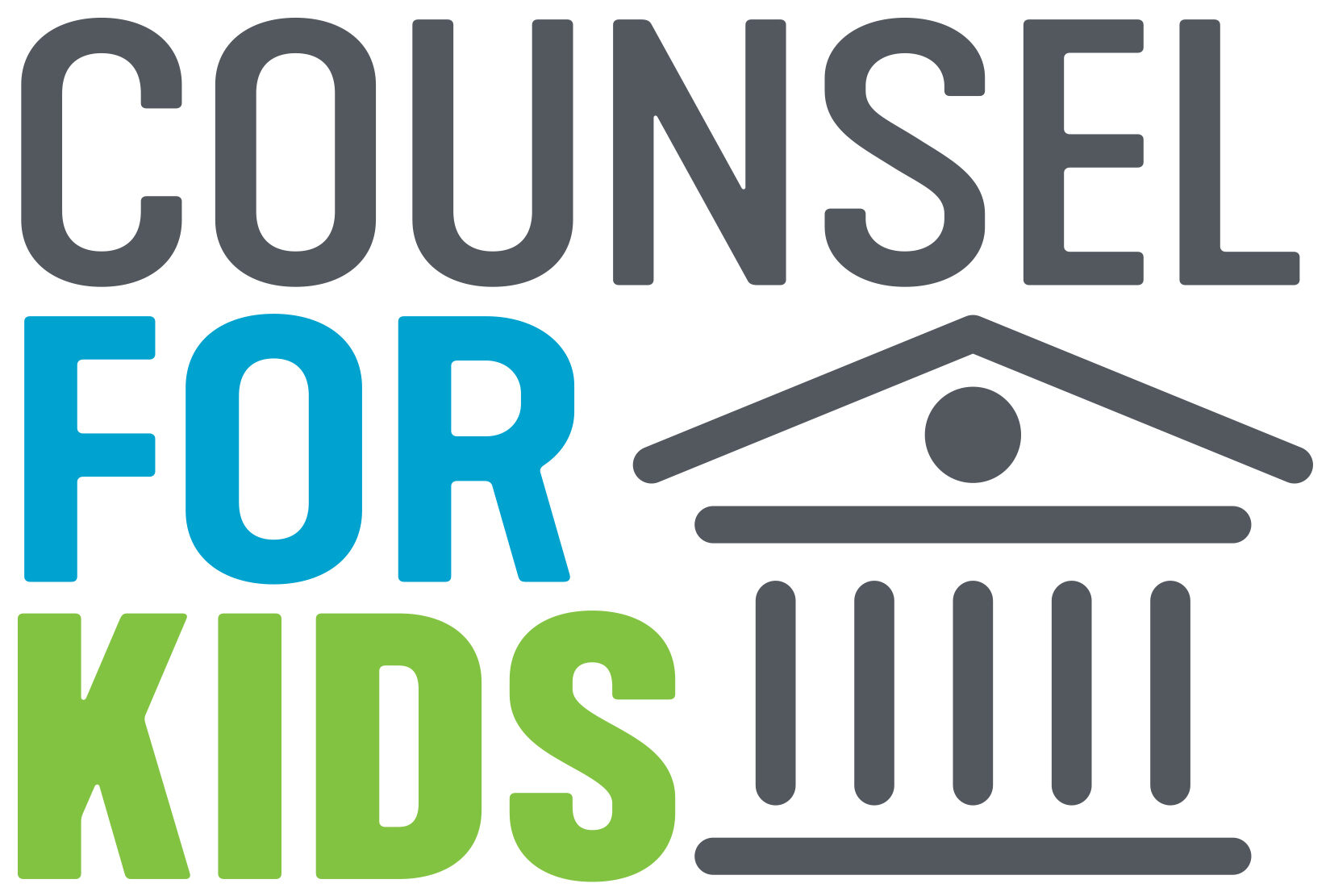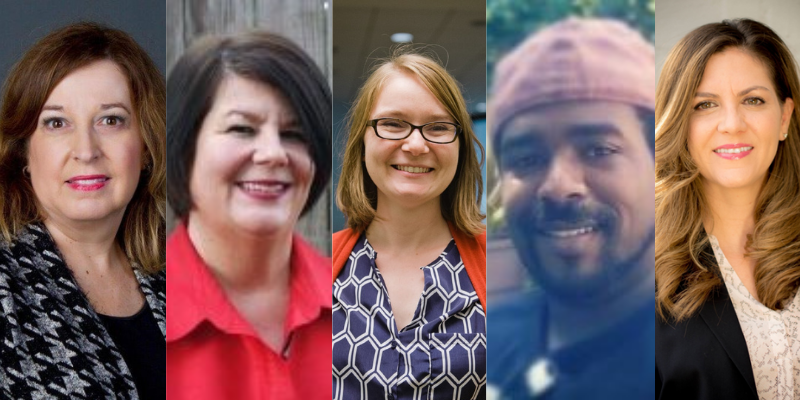Counsel for Kids works to change laws to guarantee children a right to counsel
DENVER, CO. — With 673,000 children navigating America’s child welfare courts every year and enduring concerns about unequal access to justice, today the National Association of Counsel for Children (NACC) launches a new campaign, Counsel for Kids, dedicated to ensuring that children in foster care receive lawyers of their own. A first-of-its-kind effort, Counsel for Kids will equip advocates with the skills, tools, and training to amplify the voices of children and youth as key decisions are made about their families and their futures.
No federal law or protection guarantees that children in foster care receive attorneys of their own, and right now 14 states leave youth to navigate complex child welfare proceedings without legal assistance. This campaign launches at a pivotal moment, as Congress considers landmark legislation that would ensure legal counsel for children and parents in these cases.” Absent legal counsel, courts and agencies risk making vital decisions about a child’s home, family, and future without their input.
Counsel for Kids is working to change that by mobilizing advocates and legal professionals to change the law in states that do not currently guarantee legal representation for kids in court. The campaign provides technical assistance to advocates and organizations around drafting and proposing legislation, building coalitions, strategic policy advocacy, and communications. It will also focus on increasing the number of attorneys representing children and ensuring those lawyers receive the specialized training they need.
“In a system where I had reduced voice, options, and rights, having a lawyer who is required by law to be my advocate and voice was essential for me to meaningfully engage and shape my life in the already limited ways I could,” said Ariella Stafanson, member of NACC’s National Advisory Council for Children’s Legal Representation and lived experience expert.
“Too often, the one person at the center of a child welfare case is also the one person who doesn’t get their own lawyer,” said Kim Dvorchak, Executive Director of NACC. “We launched the Counsel for Kids campaign to ensure that all youth experiencing the child welfare system, from babies to young adults, are seen, heard, and represented. When a young person is sick, they should see a doctor. When a young person is in court, they should have a lawyer.”
“The assistance we receive from Counsel for Kids will be vital to our efforts to guarantee legal representation for children in our state,” said attorney Whitney Untiedt, an advocate from Foster Fairness of Florida—one of the first states to apply for technical assistance. “Counsel for Kids will help us plan our advocacy strategy, identify tools and resources for our campaign, and build a coalition positioned to pursue right to counsel legislation for Florida youth.”
###
Contact:
Evan Molinari
[email protected]
339-707-0406
About Counsel for Kids
Counsel for Kids is a campaign dedicated to ensuring that children in the nation’s foster care system have access to lawyers of their own so that their voices are heard and respected. We work to increase the number of attorneys representing children, and to mobilize advocates and attorneys working to change the law in states that do not currently guarantee legal representation for kids in court. We also work to build new coalitions and provide technical assistance to lawyers and advocates, from drafting legislation to training sessions about fundraising and development. We have one singular mission: bringing real and lasting change. For additional information about Counsel for Kids, visit https://counselforkids.org/
About The National Association of Counsel for Children
Founded in 1977, the National Association of Counsel for Children is a non-profit professional membership and advocacy organization dedicated to advancing justice for children, youth, and families. NACC provides programs, training, certification, and resources that improve the quality of legal representation for children, parents, and agencies; supports a community of dedicated professionals and helps attract and retain diverse talent in the children’s legal advocacy profession; and advocates for policies that advance children’s rights, including the right to counsel. https://www.naccchildlaw.org/


